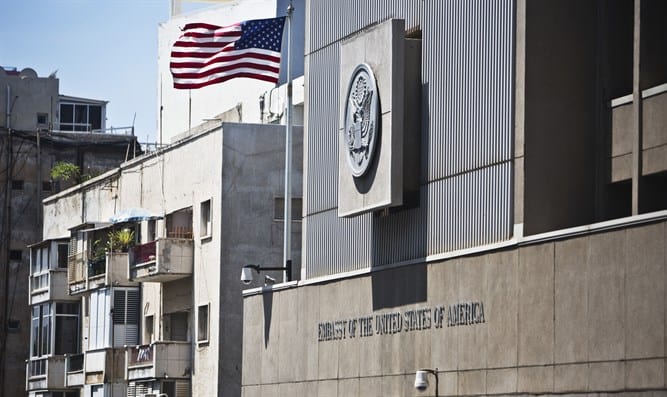THE United States Government has committed $32.5 million to the United Nations World Food Programme (WFP) to provide urgent food and nutrition assistance to hundreds of thousands of Nigerians impacted by conflict and displacement.
In a statement released on Wednesday made available to News Point Nigeria, the US Embassy in Abuja announced that the funding will allow WFP Nigeria to reach approximately 764,205 vulnerable people across the conflict-affected Northeast and Northwest regions.
These areas continue to suffer the effects of prolonged insecurity, insurgency, and mass displacement, which have left millions struggling to access basic necessities.
The package will support both general food distributions and targeted nutritional interventions aimed at the most at-risk groups. According to the embassy, 41,569 pregnant and breastfeeding women and girls as well as 43,235 children will receive specialised nutrition assistance delivered through electronic food vouchers.
“With the US Government’s donation, the World Food Programme Nigeria will provide food and nutrition assistance to 764,205 beneficiaries across Northeast and Northwest Nigeria. This includes complementary nutrition top-ups for pregnant and breastfeeding women, girls, and children,” the statement read.
The US government described the intervention as part of its long-standing partnership with Nigeria to address humanitarian needs and strengthen food systems.
The new funding, channeled through WFP, will ensure that internally displaced persons (IDPs) and vulnerable host communities in frontline states continue to receive lifeline support despite rising global food insecurity.
Officials highlighted that the Northeast and Northwest remain epicentres of humanitarian need, with families facing acute malnutrition, disrupted livelihoods, and restricted access to farmland due to persistent violence.
The announcement comes against the backdrop of recent clarifications by the United States Agency for International Development (USAID) on its agricultural initiatives in Nigeria.
In December 2024, USAID dismissed media reports alleging irregularities in its agricultural programmes, stressing that all its interventions are transparent and in line with Nigerian laws. Since 2019, the agency said, its programmes have supported over five million farmers nationwide, boosting food production and strengthening rural economies.
The WFP has consistently warned of worsening hunger in Nigeria’s conflict-affected regions, where the combined impact of violence, displacement, inflation, and climate shocks continues to drive food insecurity.
With the US government’s latest $32.5m commitment, humanitarian actors hope to mitigate some of the pressure, particularly for women and children who face the highest risk of malnutrition-related complications.







